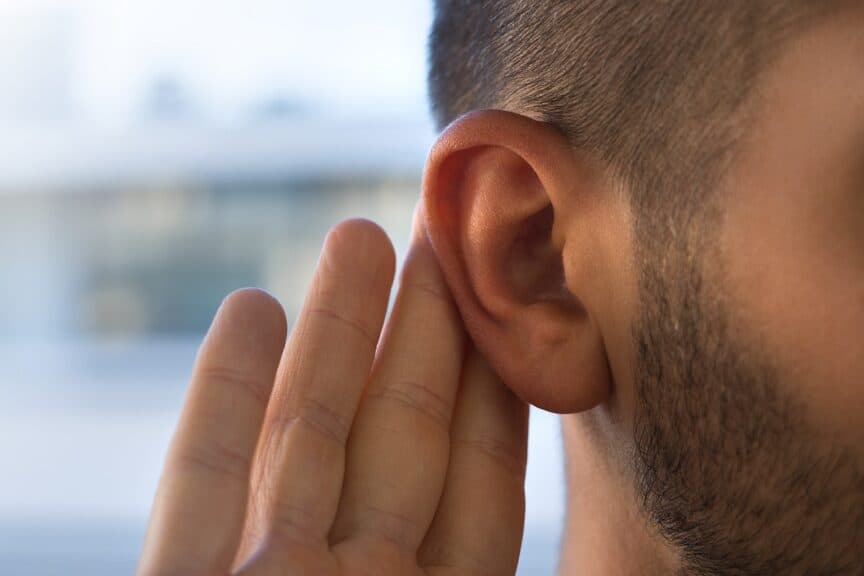For some people, the reality of hearing loss is unavoidable. When a person tries to communicate or when a sound is clearly evident to everyone else in the room, you might know without a doubt that hearing loss is an issue. Some people even have such trouble communicating that they are unable to receive basic information, leading to miscommunications in the family and other practical concerns. For these people, the only necessity is to take the next step and get a hearing test. Although the presence of hearing loss is obvious, getting a full diagnosis of the specific nature of hearing loss will make it possible to connect with the right treatment. On the other hand, some people are not aware that hearing loss is a problem. They might feel some confusion or misunderstanding in conversations but attribute the issue to the environment or circumstances. Particularly when hearing loss develops gradually over the course of years, these people are not aware of the sounds that are no longer present. If you are unsure if you have hearing loss or not, there are some common signs of which you can become aware. When you notice one or more of these signs, take the cue as a prompt to get your hearing tested right away.
Miscommunication in the Family
Those who have undiagnosed hearing loss tend to have communication issues. Of course, we all have moments when communication is difficult, such as a loud room, noisy restaurant, or music venue. In these contexts, many people in the environment are sure to have the same issue. However, if it becomes clear that one family member is having trouble communicating when others have no issues, that repeated experience can be a sign of hearing loss. Although you might not notice this problem right away, several experiences of miscommunication can add up to a sign of hearing loss.
Asking for Help
We all ask for help with hearing from time to time. Perhaps your attention is elsewhere or a person tries to speak just as a loud noise occurs. In these instances, it is common to ask another person to speak up or repeat themselves. However, if you or a family member is consistently asking others to speak more loudly, repeat what they say, to come closer to talk, or simply yelling “What?” then you might be witnessing a sign of hearing loss.
Confusion and Fatigue
In social events, hearing loss can lead to confusion and fatigue. Although fatigue in social events can happen for many reasons, including social anxiety or other health factors, hearing loss can also cause fatigue. Particularly if you know yourself to be someone who thrives at parties and finds social events to be energizing, a shift to fatigue in these settings might be a sign that hearing loss is making it difficult to engage.
Social Isolation
In the worst cases, hearing loss can actually contribute to social isolation. When too many encounters are confusing, frustrating, embarrassing, or anxiety-inducing, a person with hearing loss might start to avoid those settings altogether. Oddly enough, some people don’t realize that hearing loss is the cause of this self-imposed social isolation. They might feel uncomfortable or frustrated in these settings but fail to realize that hearing loss is the underlying cause of their avoidance of social events. If you have a family member who used to engage fully in events, parties, and gatherings but suddenly decides not to attend, you might be witnessing a sign of undiagnosed hearing loss.
If any of these warning signs rings true for you, the good news is that treatment is available for hearing loss. The first step is to get a full diagnosis. Our hearing health professionals can give an exam that lets us know the precise nature of your hearing issues. With these results in hand, we can pair you with the right treatment to address your hearing and communication needs, making it possible to re-engage with the world. If you have a family member who is demonstrating any of the above signs of hearing loss, why not encourage a hearing test? You might be helping your loved one get the treatment they need.

